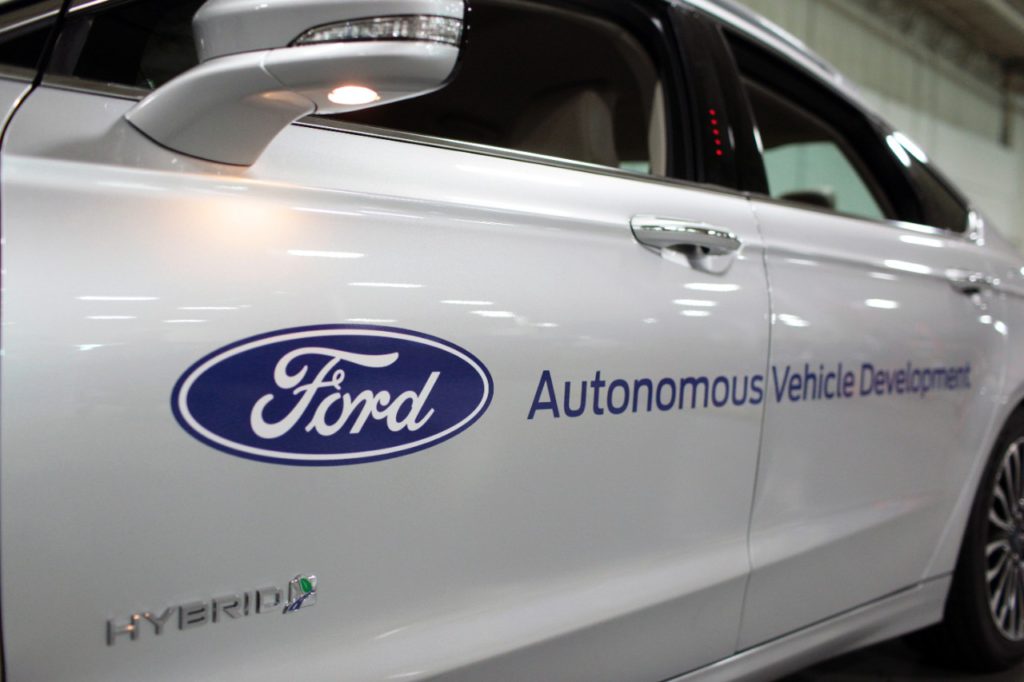Ford CEO cannot see robots taking over the world's roads
18 August 2017

18 August 2017
The new CEO of Ford Motor Company, Jim Hackett, has suggested that there will be no ′robot takeover’ when it comes to the introduction of autonomous vehicles on roads around the globe.
Speaking at the manufacturer’s City of Tomorrow event, Hackett, who headed up Ford’s Smart Mobility subsidiary before taking over as CEO, predicted that rather than a pod-based landscape, similar to robo-taxi services being tested in a number of cities, the technology will instead gradually augment current challenges such as limited parking and vehicle access.
′When you paint the robots as perfect and humans as imperfect, we’ve made a big mistake,’ Hackett said. ′We don’t need the robot to get around.’
Ford has been behind its rivals when it comes to developing autonomous technology, however Hackett has been tasked with turning this around. Since his appointment in May 2017, replacing former CEO Mark Fields, the company has invested in various transportation technologies, including lidar-maker Velodyne, mapping company Civil Maps, bike-share company Motivate, ride-sharing start-up Chariot and autonomous driving start-up Argo AI.
Hackett also said a combination of analogue and new technologies will be necessary to create a better transportation environment: ′Networks only get stronger by inclusion, there’s no gain by carving someone out,’ he added.
The CEO also added his thoughts about vehicle ownership, particularly when it comes to less congested cities due to autonomous vehicles allowing for sharing and more efficient movements: ′I don’t believe there’s going to be a big degradation of sales as the cities become less congested,’ Hackett said. ′It’s probably going to give people more options to keep their cars, because they can choose to use them in ways that they couldn’t before.’
Meanwhile, describing what the event means for Ford, the company’s vice president of city solutions, John Kwant, states: ′Ensuring cities of the future can deliver everything their residents need is a task too great for any one person or company to undertake. That is why we’re dedicated to working with cities and facilitating discussions between anyone and everyone who can help build the City of Tomorrow, from politicians to urban planners, utility companies, academics and citizens.’
Photograph courtesy of Ford